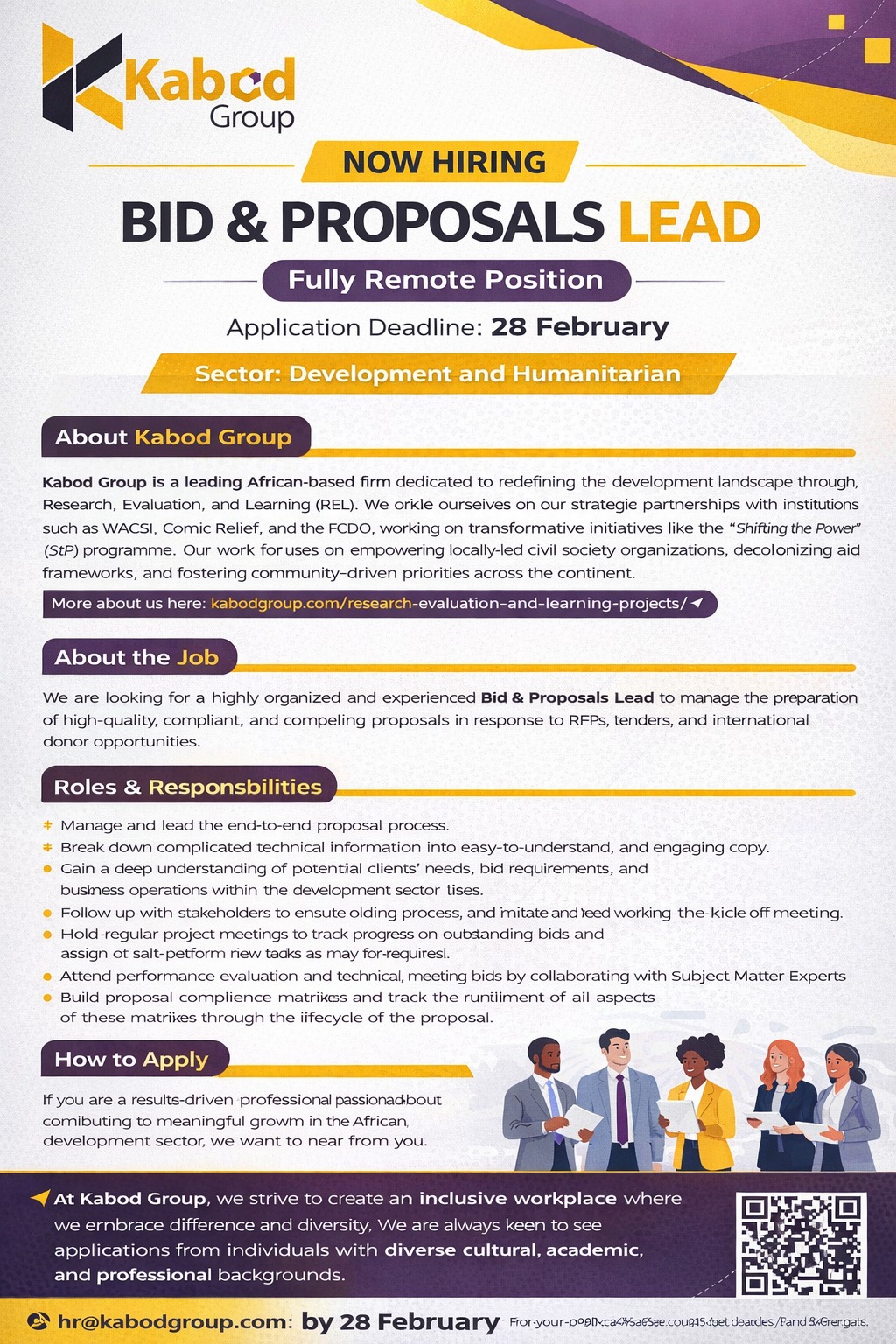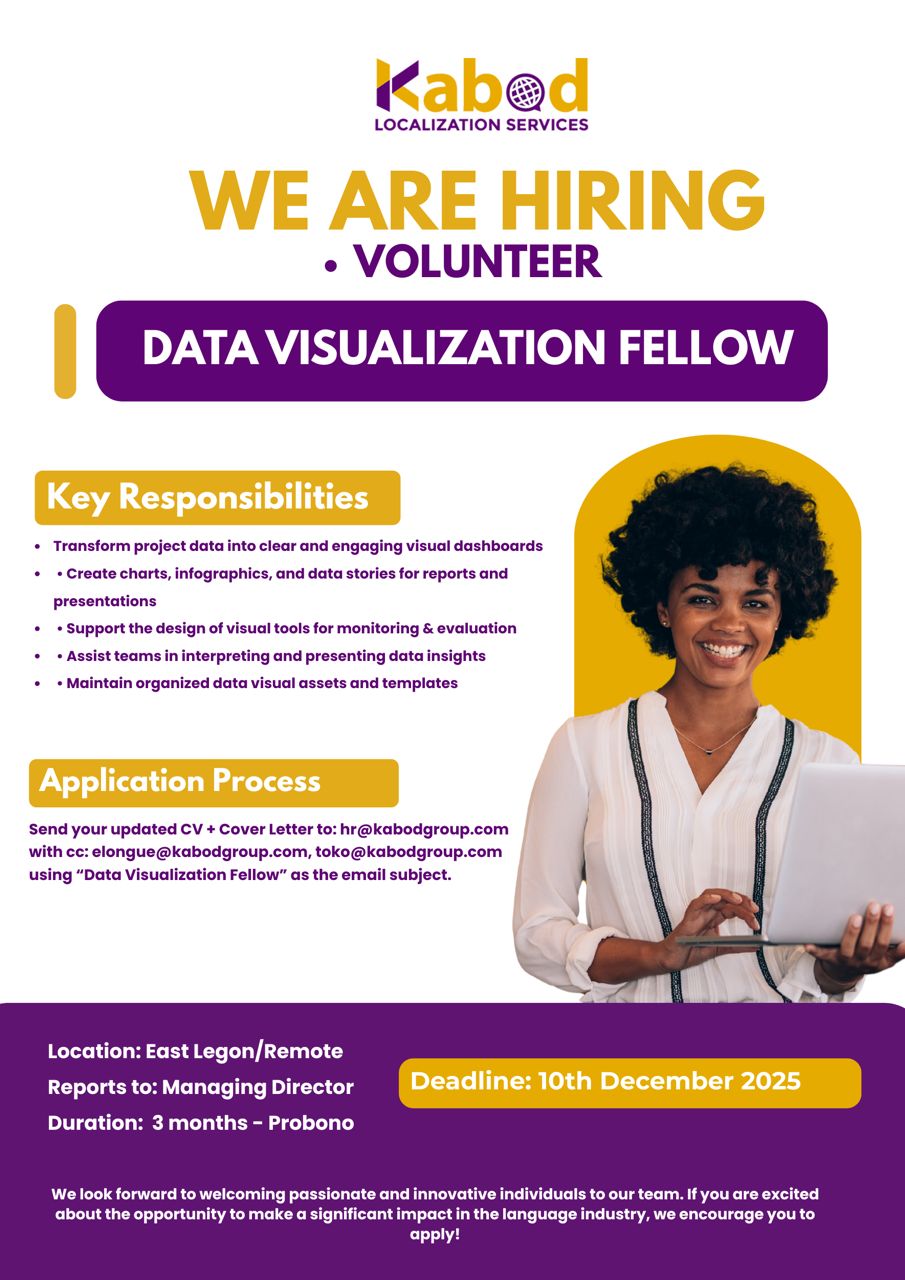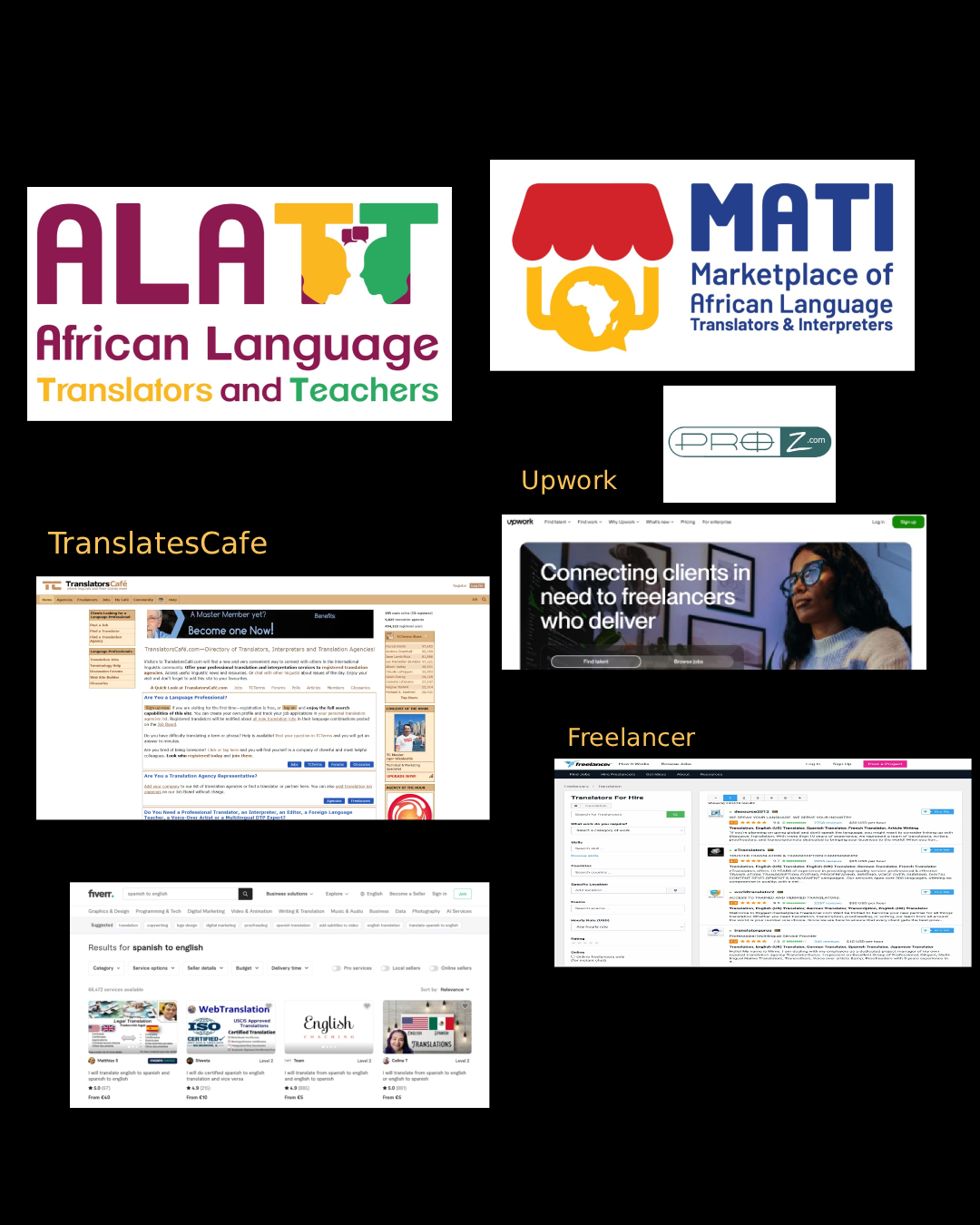Why Africa’s solutions must be led by those who breathe its complexities
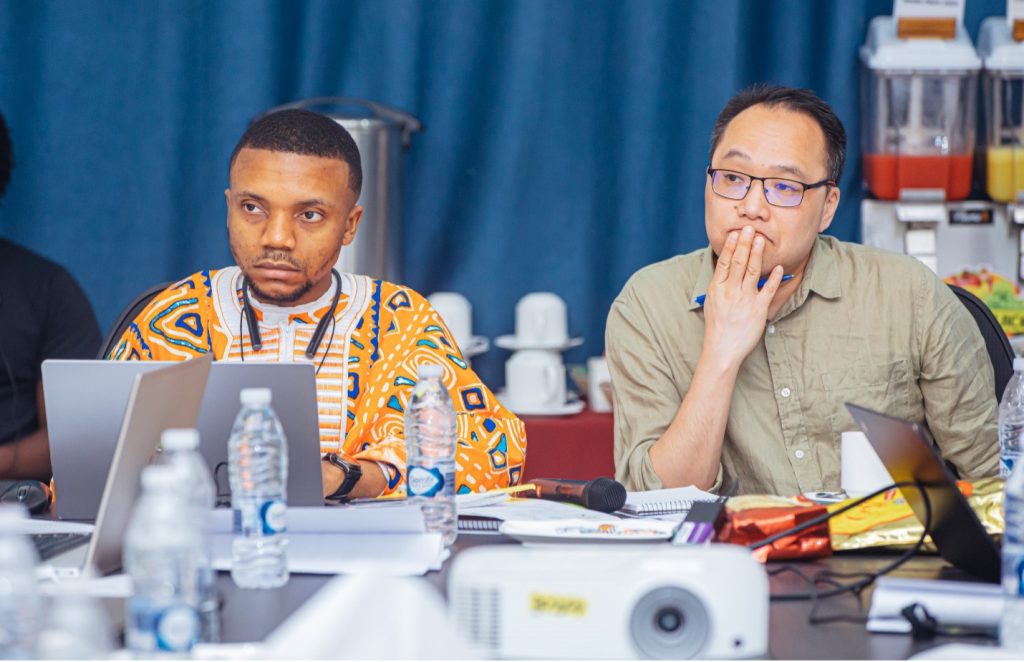
Imagine a $500,000 "sustainable agriculture" consultancy in Kenya, led by experts from Geneva who’ve never farmed in arid soil. Their report—filled with technical jargon and imported templates—gathers dust on a donor’s shelf. Meanwhile, local agronomists who know drought-resistant millet varieties weren’t even invited to the table.
This isn’t an anomaly; it’s the standard script for development consultancy in Africa. For decades, power has flowed one way:
- Northern “experts” design solutions in boardrooms 7,000 km away,
- African knowledge gets reduced to “anecdotes” in their reports,
- Communities watch as their futures get outsourced.
The result?
- Wasted funds.
- Broken trust.
- Solutions that crumble the moment the consultants fly home.
But what if we ripped up that script? What if consultancy stopped talking about "local ownership" and actually practiced it?
Despite Africa receiving $40 billion in foreign direct investment annually, a mere 20% of development consultancy contracts go to local firms. This glaring imbalance perpetuates a cycle where 81% of successful bids by African firms like Kabod Group come not from open competitions but from personal networks and recommendations, revealing systemic barriers to equitable participation. This extractive model undermines sustainable development, often producing solutions misaligned with community realities while sidelining Africa’s deep contextual expertise. The imperative for change is not merely ethical—it’s foundational to effective development.
1. Roots of Power Imbalance: Colonial Legacies and Structural Barriers
The persistent inequity in African consultancy stems from deeply embedded historical and structural factors:
- Western methodologies systematically devalue indigenous systems, evidenced by 70% of governance training programs in West Africa utilizing Euro-American corporate models while ignoring centuries-old African governance structures. This epistemic injustice positions Global North knowledge as inherently superior.
- International NGOs often retain 30-50% of project funds as overhead, leaving local consultants underpaid and over-scrutinized. Restricted grants further prevent flexible reallocation based on emergent community priorities.
- Complex bidding processes actively disadvantage African firms. Lengthy 100+ page RFPs typically in English or French create language barriers, while demands for “proven experience” favor entrenched Northern firms. Only 15% of African CSOs can navigate donor compliance systems.
- The “Expert” Paradigm, when unconscious bias favors international credentials over lived experience. As Tania Cheung from Comic Relief observed , “We always say your freedom of speech is ensured, but is your freedom after speech truly safe?”, highlighting the risks local experts face when challenging Northern-dominated paradigms.
2. Foundational Principles for Equitable Consultancy
Transforming these dynamics requires centering four core principles:
- Community Ownership & Agency was visible in Kenya’s Vision 2030 where 5,000 grassroots leaders were engaged in co-designing national priorities rather than imposing external agendas. Projects must be community-driven from inception.
- Moving beyond token consultation and enable communities to rate consultancy deliverables, with results directly tied to contract renewal, creating downward accountability.
- Hybrid Knowledge Valuation, with Morocco’s Noor Ouarzazate solar complex—powering 2 million people—successfully blended German engineering with Amazight community land stewardship practices, demonstrating the power of integrating diverse knowledge systems.
- Radical Transparency, which requires accessible reporting in local languages and establishing feedback loops where communities can challenge findings. As the Shifting the Power Programme discovered, genuine partnership means funders often rate themselves lower on equity than grantees do, indicating necessary humility.
- International NGOs often retain 30-50% of project funds as overhead, leaving local consultants underpaid and over-scrutinized. Restricted grants further prevent flexible reallocation based on emergent community priorities.
- Complex bidding processes actively disadvantage African firms. Lengthy 100+ page RFPs typically in English or French create language barriers, while demands for “proven experience” favor entrenched Northern firms. Only 15% of African CSOs can navigate donor compliance systems.
- The “Expert” Paradigm, when unconscious bias favors international credentials over lived experience. As Tania Cheung from Comic Relief observed , “We always say your freedom of speech is ensured, but is your freedom after speech truly safe?”, highlighting the risks local experts face when challenging Northern-dominated paradigms.
3. Actionable Strategies for Stakeholders

3.1 For INGOs & Donors: Relinquishing Control
- Simplified two-stage bidding and valuing contextual knowledge equally with degrees are essential.
- Direct Funding Channels, such as the African Development Bank’s $200M/year clean cooking initiative, which bypasses INGO intermediaries, funding African consultancies directly.
- Equitable Budgeting. I think budgets must include fair rates comparable to international consultants for equivalent work. The Least-Cost Electricity Access Development ( LEAD) Project, financed by the World Bank, in Madagascar reduced connection fees from $106 to $6 through direct subsidies.
- Finally, there needs to be some flexibility at the level of outcomes, which should be more community-agreed than predetermined methodologies. The Shifting the Power Programme replaced “due diligence” with “know your partners” approaches co-created with grantees.
3.2. For International Consultants: From Directors to Facilitators
- Reverse Mentorship: I know some Nairobi-based tech consultants now learn AI diagnostics from Kenyan startups rather than importing solutions.
- Leadership Ceding: A UK consultant in Rwanda increased smallholder adoption of climate-smart tech by 90% after ceding project leadership to local agronomists.
- You can also advocate within the sector by challenging extractive terms of reference; or refusing assignments designed purely for donor reporting without community benefit, pushing instead for participatory methodologies.
- Finally, you can ensure there is equitable attribution, enabling local counterparts to lead presentations and publications. For example, the RINGO Labs initiative enables Southern-led partner selection, resulting in most of WACSI projects being co-led by African CSOs.
3.3. For African Consultants & CSOs: Claiming Space
- Reverse Mentorship: I know some Nairobi-based tech consultants now learn AI diagnostics from Kenyan startups rather than importing solutions.
- Leadership Ceding: A UK consultant in Rwanda increased smallholder adoption of climate-smart tech by 90% after ceding project leadership to local agronomists.
- You can also advocate within the sector by challenging extractive terms of reference; or refusing assignments designed purely for donor reporting without community benefit, pushing instead for participatory methodologies.
- Finally, you can ensure there is equitable attribution, enabling local counterparts to lead presentations and publications. For example, the RINGO Labs initiative enables Southern-led partner selection, resulting in most of WACSI projects being co-led by African CSOs.
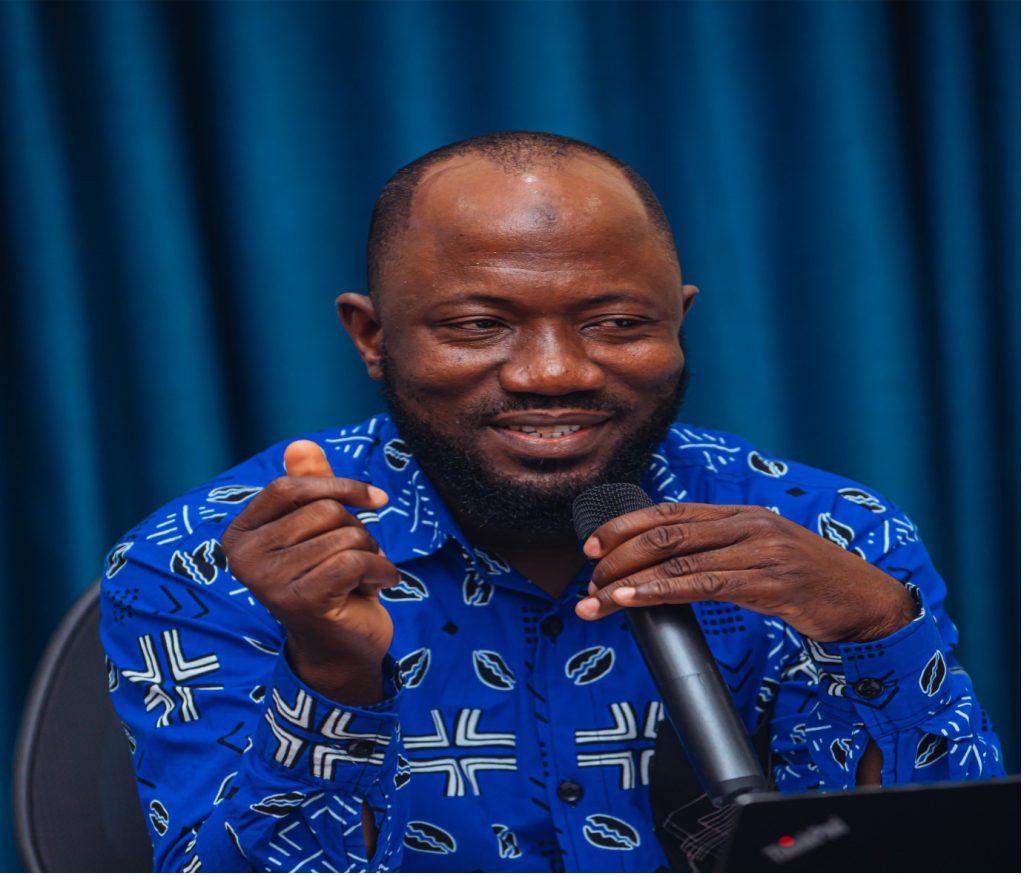
- Refuse symbolic inclusion roles. Demand co-leadership, equitable compensation, and ownership of intellectual property/data.
- Many CSOs and African consultants can win bigger contracts through collaboration, for example, by pooling expertise rather than competing individually. Networks like the African Evaluation Association have experienced significant growth in African-led evaluations since 2022. New emerging community of practice like Consultants for Change (C4C) are also having promising collaborative practices between Francophone and Anglophone development consultants with expertise in policy, strategy and MERLA projects.
- Strategic Positioning: Senegalese firm RESA highlights 30% lower fees than Northern firms with deeper community access as their competitive edge. Ethiopian consultancies now dominate agritech advisory by leveraging indigenous irrigation knowledge.
- Ecosystem Building. One example worth mentioning here is that of the West Africa Civil Society Institute (WACSI) which trains CSOs leaders and consultants on best consulting practices to create sustainable change, strengthening the regional talent pipeline.
Below are emerging trends signal a transformative future:
- First, Tanzanian firms are developing AI-powered Swahili diagnostic tools replacing extractive “needs assessments”, enabling communities to self-define priorities.
- Second, one can observe an increase in South-South Networks, such as the Africa Philanthropy Network (APN) which facilitates Kenyan ESG models transfer to Malawi, bypassing Northern intermediaries.
- Finally, there are regulatory advocacy with campaigns that are pushing governments to mandate local consultancy inclusion in multilateral projects, institutionalizing equity.
As Dr. Nana Afadzinu, Executive Director of WACSI asserts Africa’s solutions must be led by those who breathe its complexities. This demands concrete commitments:
- INGOs: Adopt procurement quotas (e.g., 60% African consultancies by 2030).
- Donors: Acknowledge existing power structures and intentionally be open to be confronted and face the truth in the consulting process.
- Governments: Enforce local consultancy inclusion in development contracts.
- All Stakeholders: Join the #ShiftThePower pledge and read the Consultants For Change Learning Report.
In conclusion, I would say that power is not a finite resource to be redistributed but a dynamic force to be transformed. The Community-Led Total Sanitation model’s success across Africa proves that when communities’ own solutions, sustainability follows. Africa’s consulting revolution—from Zambia’s collective bidding to Tanzania’s AI diagnostics—demonstrates that shifting power ignites impact. As Gideon Ahenkorah’s “Shift the Power Manifesto” envisions: “A future of dialogue, negotiation, and shared grace… Where the success of one is the triumph of all”.


